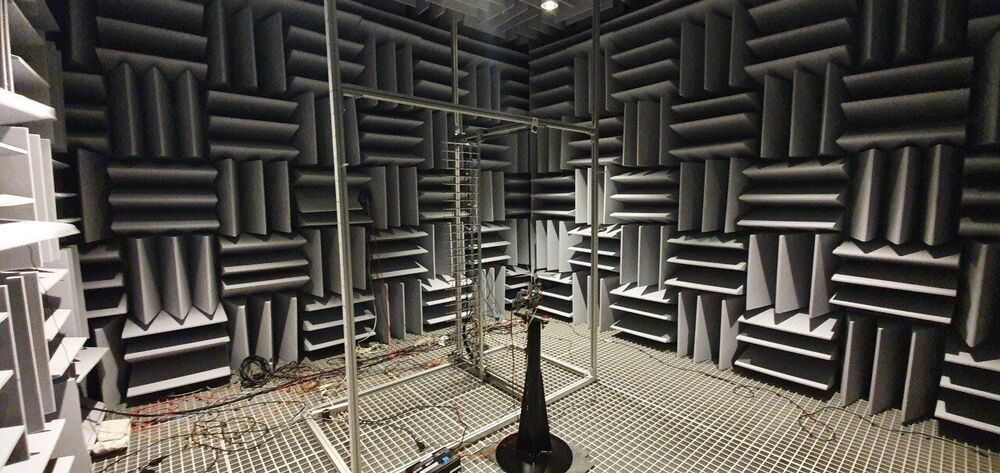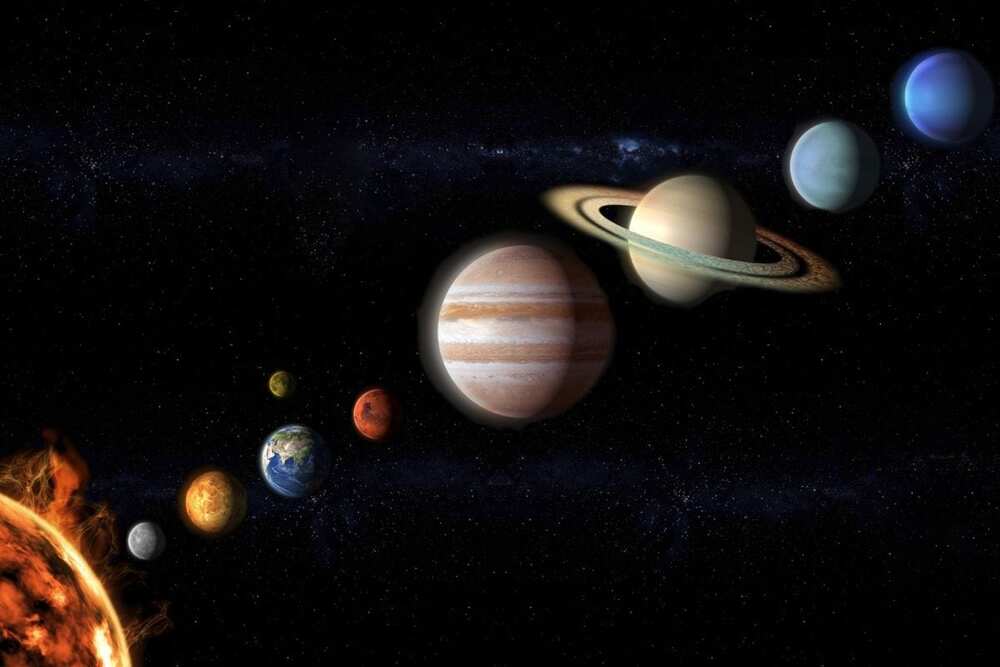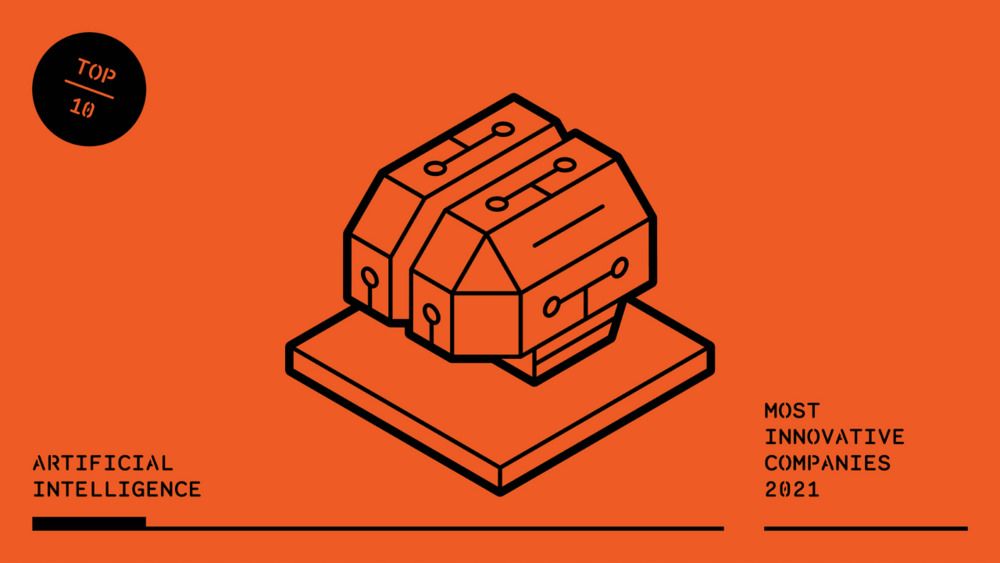But Aspelmeyer and his colleagues could not declare victory quite yet: they still had to rule out the possibility that the source mass modulation was generating other forces on the test mass that would oscillate at precisely the same frequency. Periodic rocking of the table supporting the experimental apparatus, caused by recoil from the barely visible motion of the source mass, was just one of a host of confounders the researchers had to carefully quantify. In the end, they found that all known nongravitational forces would be at least 10 times smaller than the gravitational interaction.
Reaching toward Quantum Scales
Aspelmeyer believes that an improved torsion pendulum will be sensitive to gravity from masses 5000 times smaller still—lighter than a single eyelash. His ultimate goal is to experimentally test the quantum nature of gravity, a question that has perplexed physicists for nearly a century. Quantum mechanics is one of the most successful and precisely tested theories in all of science: it describes everything from the behavior of subatomic particles to the semiconductor physics that makes modern computing possible. But attempts to develop a quantum theory of gravity have repeatedly been stymied by contradictory and nonsensical predictions.








